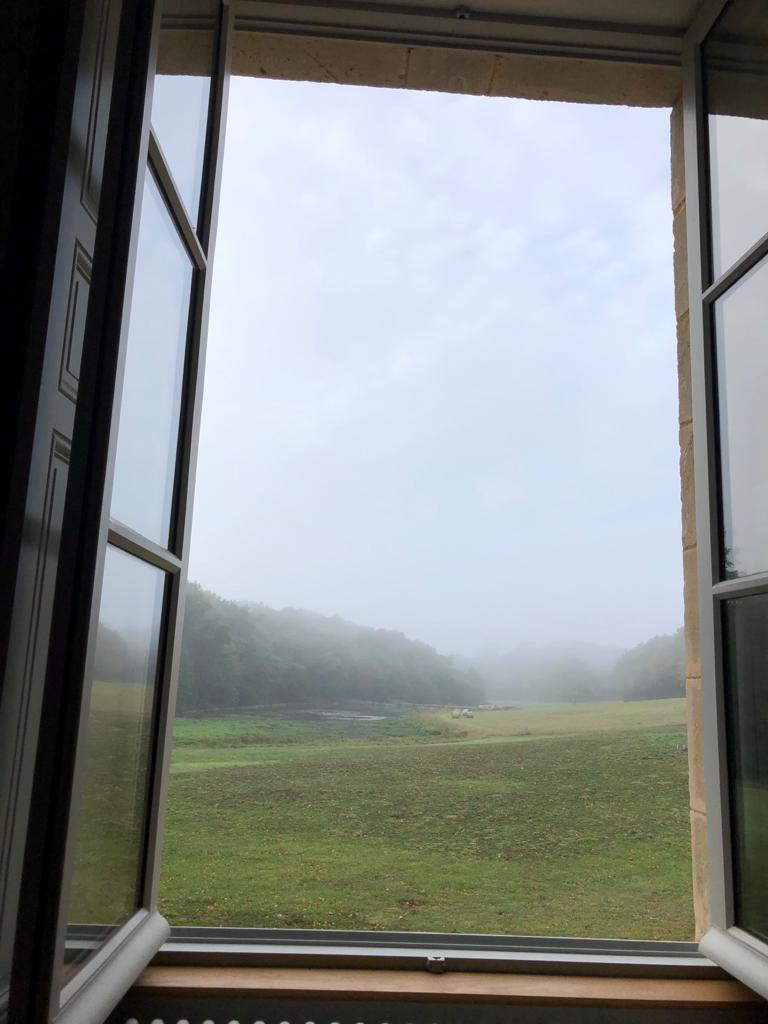Learning to understand the ‘wounded ego’ is often seen as ‘merely psychological’, not as something essential to the spiritual path. But that psychology and spirituality are two different approaches to the human condition and have little to do with one another is a mistaken belief. Psychology deals with knowledge about the psyche, the soul, and the early Christians considered the spirit to be the highest point of the soul; together they form a whole. The process of transformation that occurs on the journey of meditation is supported both on an unconscious and a conscious level spiritually. The insights that our afforded by our true ‘self’, the Christ within, lead to a psychological process of ever-increasing self-knowledge, and consequently growth of awareness of our essential spiritual being, our link to the Divine. That is why Meister Eckhart, like many saints and sages, points out that “The reality we call God has first to be discovered in the human heart; moreover I cannot come to know God unless I know myself.” Spirituality and psychology go hand in hand. If we ignore the psychological, meditation may well become a way to suppress our woundedness for the sake of illusionary peace, which will prevent real spiritual growth from happening. This is how we could interpret the following teaching of Jesus: ‘If anyone wishes to be a follower of mine, he must leave self behind; day after day he must take up his cross, and come with me.’(Luke 9:23) We ‘take up our cross’ when we face the daily suffering of our woundedness and in doing so die to the dominance of the ego. In turning slowly from self-centredness to other-centeredness, we ‘come with him’ and are as it were reborn. We are then no longer acting out of our ego-centric needs but from our spiritual centre, our true ‘self’ in Christ.
Let’s have another look at the psychological part of the journey. We have looked at how our images whether of ourselves or of God can be a serious block on the path of meditation. If we remain unaware of these ‘false’ images, they hide not only who we truly are but also form the veil that obscures Divine Reality. In the Gospel of Thomas Jesus calls us ‘blind’ and ‘drunk’ when we are operating on the level of the wounded ‘ego’ only. The Greek philosopher Heraclitus described it as follows: ‘Humanity is just as unconscious of what they do when they are awake as they are of what they do when they are asleep.’ We need to wake up. We have to leave the prison of the wounded ‘ego’. We need to become aware of who we truly are: children of God and temples of the Holy Spirit.
Facing unconscious drives and repressed emotions truly feels like taking ‘up our cross’, a difficult but nevertheless very important step to take. But there is also a danger – the danger of becoming too enthralled by our ‘story’. When we are not careful the ‘ego’ will encourage our fascination and halt our growth in true awareness, thus making sure that we are not leaving its sphere of influence. We forget the reason why we are doing all this in the first place – that we are on a pilgrimage from the mind to the heart, where Christ dwells. John Main puts it succinctly in his book The Door to Silence:
“People are often interested in what meditation can teach them about themselves. It is easy for us to see everything in terms of self-improvement, auto-therapy and self-understanding. There is value in this. But self-fascination can be disastrous for the spiritual journey. There is a danger that after we take up meditation we see that we are understanding ourselves better and then get diverted from self-transcendence to self-fixation. We will find eventually that we have left the pilgrimage into unitary knowledge and wisdom. We end up stuck in the limited knowledge of our separateness. We become so entranced by our own mental operation that we forget that we are on a pilgrimage into the mystery of God. The essence of the gospel is the essence of meditation: not self-analysis but self-transcendence. ‘If anyone wishes to be a follower of mine, he must leave self behind.’(Luke 9:23) There is something arduous and demanding about this journey. It require nerve to take the attention off yourself. (p. 29/30)
Image Bonnevaux, August 2021





